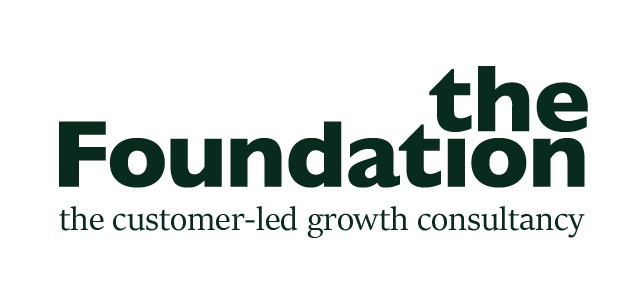Chris Moss | Pioneered at Virgin Atlantic, Orange, and 118 188
Chris Moss
…who has pioneered repeatedly and in high profile ways. The first big one was as Marketing Director at Virgin Atlantic from their very earliest days in 1985 through to 1993, building an iconic, much loved challenger airline brand from the unlikely origins of a record company, gathering scale, upsetting BA, finding ways to make the experience of flying exceptional while still being practical enough to get ideas off the ground. There was substance at the heart of it – creating ice cream moments mid-film, being first to instal seat-back TV and inventing Premium Economy. He did plenty else at Virgin with Richard Branson, working on their various stunts and record-breaking escapades. Next came Orange from the end of 1993 and this included coming up with the brand name, VERY different to the techy incumbents at Vodafone and Cellnet, and only allowed because, while being named after a colour was against the rules, being named after a fruit was not. Again, there was customer pioneering substance behind the attention-grabbing exterior – customer service used caller ID and answered the calls ‘welcome Mr Moss…’, shocking for many people. At the time (the mid 90’s) Vodafone and Cellnet (as was) charged £25.00 per month for line rental and all calls were extra. Orange charged the same £25.00 but included 60 mins talk time, encouraging people to talk more. When calling, Vodafone and Cellnet rounded up calls to the nearest minute. So if you just said ‘I’m at the train station...’ they charged you for 1 min, because of legacy billing issues in their original business. Orange charged by the second so you paid for what you said. As Chris says, you wouldn’t let the petrol station charge you to the nearest gallon… Most companies charged extra for voicemail. Orange realised voicemail generated more returned calls and greater trust, so included it for free. Al this meant Orange had more loyal customers, spending more on the service, churning churned less. Hence their sale (via Mannesmann and Vodafone) to France Telecom for more than double T-Mobile’s price at $47bn. The third big maverick move was after the auction to outsource directory enquiries, with Chris CEO for one of the bidders, a business called INFONXX. The number they were allocated was not to his liking, so he immediately bid a few million to get 118 118 which he knew was the one to have. It was willingly sold, and the moustachioed runners appeared as a memorable chapter of the noughties while the business took more than 50% of BT’s share. Again it was based on pioneering in the sector. They knew before the old 192 service closed down what the most popular numbers requested were and they realised if we they could more fully solve callers’ problems, saving them time and effort while making the calls longer, they would get happier and more valuable customers. National Rail enquiries was the number most requested, so by offering train times they rapidly became a one-stop shop. People called to find phone numbers, often so they could then make another call to get addresses and post codes. So 118 118 offered post codes and addresses and again it was a hit. Then there was the offer to directly connect you on that call, from an insight that most people were calling from a mobile, maybe driving, so this was a simple hands free option while generating higher revenue too,

